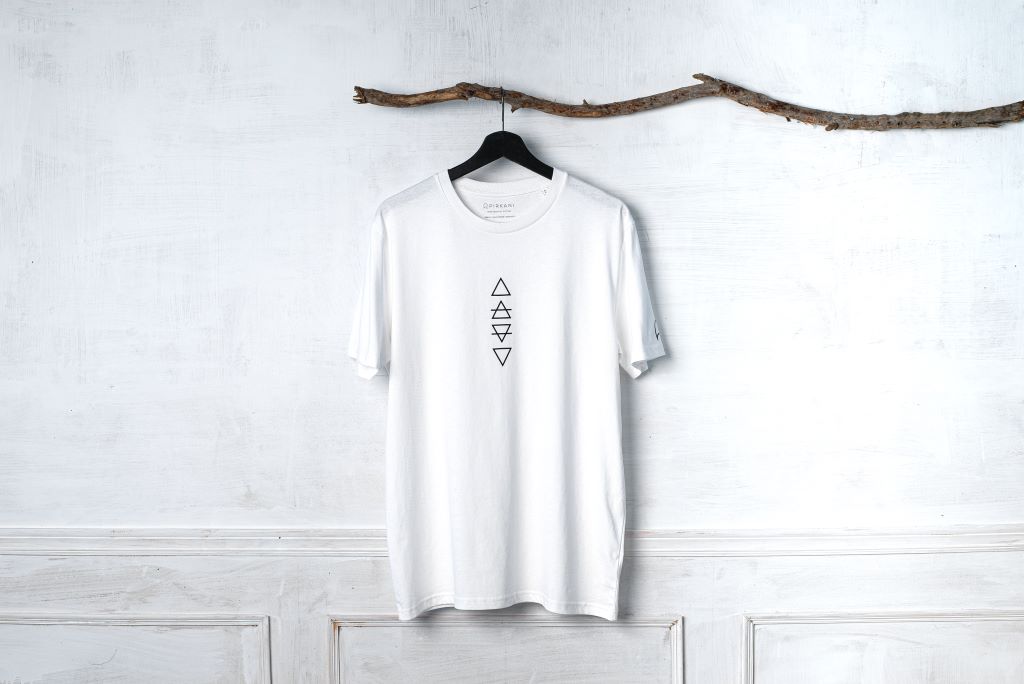Why Are Millennials and Gen-Z Choosing Sustainable Fashion?

Change is always driven by the young – and the fashion industry is no exception. Every time we open Instagram or TikTok, there’s a new fashion trend or must-have item that appears out of nowhere. Rising consumerism and the impact of social media has fundamentally changed how we shop. To keep up with growing demand, brands are turning to cheaper production methods and environmentally damaging methods to keep their prices low. Yet not everyone is on board with ‘fast fashion’.
The Importance of Sustainable Clothing
Sustainability is a growing movement within the Millennial generation. It’s not just about electric cars and ditching single used plastic. It’s a lifestyle change to protect the environment and our planet as a whole. While you might think of the plastic straws you once used or the emissions produced by turbojets, the real environmental danger is closer to home.
The impact of the fashion industry on the environment is well documented and far-reaching. It would be almost impossible to pack it all into one article, and it can be depressing reading.
10% of the world’s carbon emissions come from the fashion industry - that’s 1.2 billion tons of CO2 emission. While people go without fresh drinking water, the cotton industry consumes more than entire populations. It takes 700 gallons – the equivalent of what an adult needs for three and a half years – to make one cotton t-shirt.
Switching to sustainable clothing doesn’t mean you can’t enjoy fashion - just the opposite. You can enjoy your clothing and stay ‘on trend’ without feeling guilty about the harm you’re causing the environment.
Making small changes can have a drastic impact. If we double the lifespan of our clothing, we can reduce emissions by 24%. Three-fifths of clothing ends up in a landfill within a year of being purchased. The environmental organisation Greenpeace estimate that 20% of clothing is never worn.
The Issue of Fast Fashion
‘Fast fashion’ might be a relatively new word to our vocabulary, but it’s based on an age-old concept. Brands are in a race to the bottom to cut their prices and sell their products. It’s never been easier to get your hands on a garment or fashion piece from anywhere in the world. Within a few clicks, you can buy almost anything you want for a bottom-pound price.
Only a few years ago, brands released one collection a season. Now, stores like Zara are releasing up to 20+ collections a year. Some brands are choosing to set aside concerns for the environment to meet the growing demand for new and affordable clothing. While millennials might be environmentally conscious, their older counterparts are not in the same boat.
Profits almost always come before concerns about sustainability. While we can talk about sustainability, it’ll take proactive steps to make it happen.
Fast fashion impacts every area of life. Whether it’s global emissions, limited resources, or micro-plastic in our oceans, it’s impossible to underestimate the impact of fast fashion on our environment. There’s also the ethical question to consider. You only have to look at incidents of factory fires and collapsing buildings to see the human impact of poor working conditions in the garment industry.
Making a Change
Making ethical and sustainable fashion choices is easier than you think. Not sure where to start? A good way is to start looking into the pre-loved market and thrift stores.
Making more conscious fashion choices includes responsibly getting rid of clothing that you no longer wear. Part of opting for sustainability is about choosing what you like, instead of what someone else tells you is in style.
Focus on buying clothing that matches your personal style and what makes you happy. If a garment makes you feel and look amazing, you’re more likely to keep wearing it. If you love it, you’ll look after it.
Consumers and brands are coming together to forge a sustainable future. Thanks to social media, you can now speak directly to your favourite brands. Social media has the power to achieve anything. The next time you’re on Twitter or Instagram, drop your favourite brand a DM. Ask them about their sustainability practice. Ask a question on their Instagram posts about their fabric choices. Reply to their TikTok video and tell them you’d love to hear about their environmental efforts.
You have the power to make a change right at your fingertips.
The Power of Millennials
You might be wondering how millennials can force a change in the fashion industry. Millennials – those born between 1981 and 1996 – make up 22% of the population. As they get older, their spending power continues to rise. In 2020, they represented 30% of all retail sales.
If there’s one thing millennials want, it’s sustainability.
35% of millennials – along with 36% of Gen Z – have said they make an effort to find sustainable and environmentally friendly fashion. These younger generations outrank those before them. They’re more willing to pay a higher price for sustainable fashion and willing to shop around for it.
Even millennials need to do more research on sustainability. While it might be a part of their philosophy, there are questions about how deeply their sustainability goes.
Both millennials and Gen Z overwhelmingly list cotton as their favourite fabric at 78%. While it may feel nice against your skin, it’s one of the most damaging fabrics for the environment. Even if you count yourself as an eco-friendly shopper, most of your closet is probably made up of cotton garments.
Change has happened in the fashion industry before at the hands of young people. Just look at how fur has virtually disappeared from the runway collections of every major designer. Even on high-street stores, real fur is becoming rarer. It was a cultural change powered by the rise of awareness for animal rights.
The switch to sustainable fashion is the exact same, fuelled by the simple need to beat the clock on climate change.
Every year, more Millennials and their younger Gen Z counterparts are embracing a sustainable lifestyle. If anyone can bring around change in the fashion industry, it’s this generation.






Leave a comment